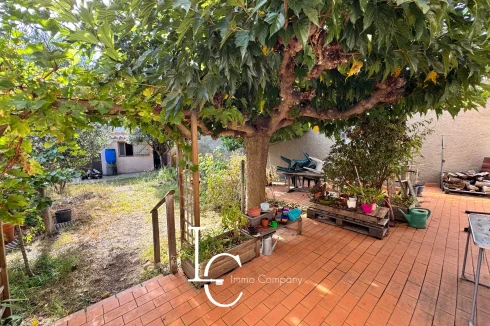Micro-Entrepreneur Sales Accounting
Tuesday 04 April 2017
Micro-entrepreneurs pay social security charges on their annual sales, but on invoiced sales or actual cash received?
Setting up a business in France and adopting the business tax status of 'micro-entrepreneur' (formerly 'auto-entrepreneur') is by far the most popular approach to new business creation amongst expatriates.
To do so is very simple and inexpensive, there are few accounting requirements and, contrary to other tax regimes, you pay no minimal level of social security contributions; if you generate no sales, no contributions are payable.
The downside is that the social security contributions remain payable strictly on turnover (chiffre d'affaires), even if you are not making any profit, or you have made a substantial investment to set up the business, which cannot be calibrated into the amount you pay.
The problem for many micro-entrepreneurs is that 'sales' rarely equates to 'cash received', due to the gap between invoiced date and receipt of monies.
In addition, some invoices may never be paid due to bad debts, a fact of life for most businesses.
That can inevitably lead to problems of cash flow in the business, particularly if there are also tax and social security contributions to meet.
Thankfully, the legislation on the declaration of the chiffre d'affaires recognises the issue, which requires that only cash received is defined as turnover for the purposes of calculating social security payments.
Thus, the guidance issued by the government states: "Le micro-entrepreneur doit déclarer pour chaque période le montant des recettes réellement encaissées, et non pas facturées."
Accordingly, if in the quarter, you invoiced sales of €5,000, but received cash amounting to only €2,500, the amount you declare as your turnover for the period is the lower figure.
Conversely, if you invoiced €5,000 in the reference period, but received cash of €7,000, then the figure you report is the larger one.
Your turnover declaration must be made every reference period, either monthly or quarterly, failing which you face penalties for late notification, which, depending on the circumstances, may either take the form of interest on the outstanding sum or a fixed sum determined by the social security collections agency URSSAF.
To do so is very simple and inexpensive, there are few accounting requirements and, contrary to other tax regimes, you pay no minimal level of social security contributions; if you generate no sales, no contributions are payable.
The downside is that the social security contributions remain payable strictly on turnover (chiffre d'affaires), even if you are not making any profit, or you have made a substantial investment to set up the business, which cannot be calibrated into the amount you pay.
The problem for many micro-entrepreneurs is that 'sales' rarely equates to 'cash received', due to the gap between invoiced date and receipt of monies.
In addition, some invoices may never be paid due to bad debts, a fact of life for most businesses.
That can inevitably lead to problems of cash flow in the business, particularly if there are also tax and social security contributions to meet.
Thankfully, the legislation on the declaration of the chiffre d'affaires recognises the issue, which requires that only cash received is defined as turnover for the purposes of calculating social security payments.
Thus, the guidance issued by the government states: "Le micro-entrepreneur doit déclarer pour chaque période le montant des recettes réellement encaissées, et non pas facturées."
Accordingly, if in the quarter, you invoiced sales of €5,000, but received cash amounting to only €2,500, the amount you declare as your turnover for the period is the lower figure.
Conversely, if you invoiced €5,000 in the reference period, but received cash of €7,000, then the figure you report is the larger one.
Your turnover declaration must be made every reference period, either monthly or quarterly, failing which you face penalties for late notification, which, depending on the circumstances, may either take the form of interest on the outstanding sum or a fixed sum determined by the social security collections agency URSSAF.
Related Reading:
Thank you for showing an interest in our News section.
Our News section is no longer being published although our catalogue of articles remains in place.
If you found our News useful, please have a look at France Insider, our subscription based News service with in-depth analysis, or our authoritative Guides to France.
If you require advice and assistance with the purchase of French property and moving to France, then take a look at the France Insider Property Clinic.





